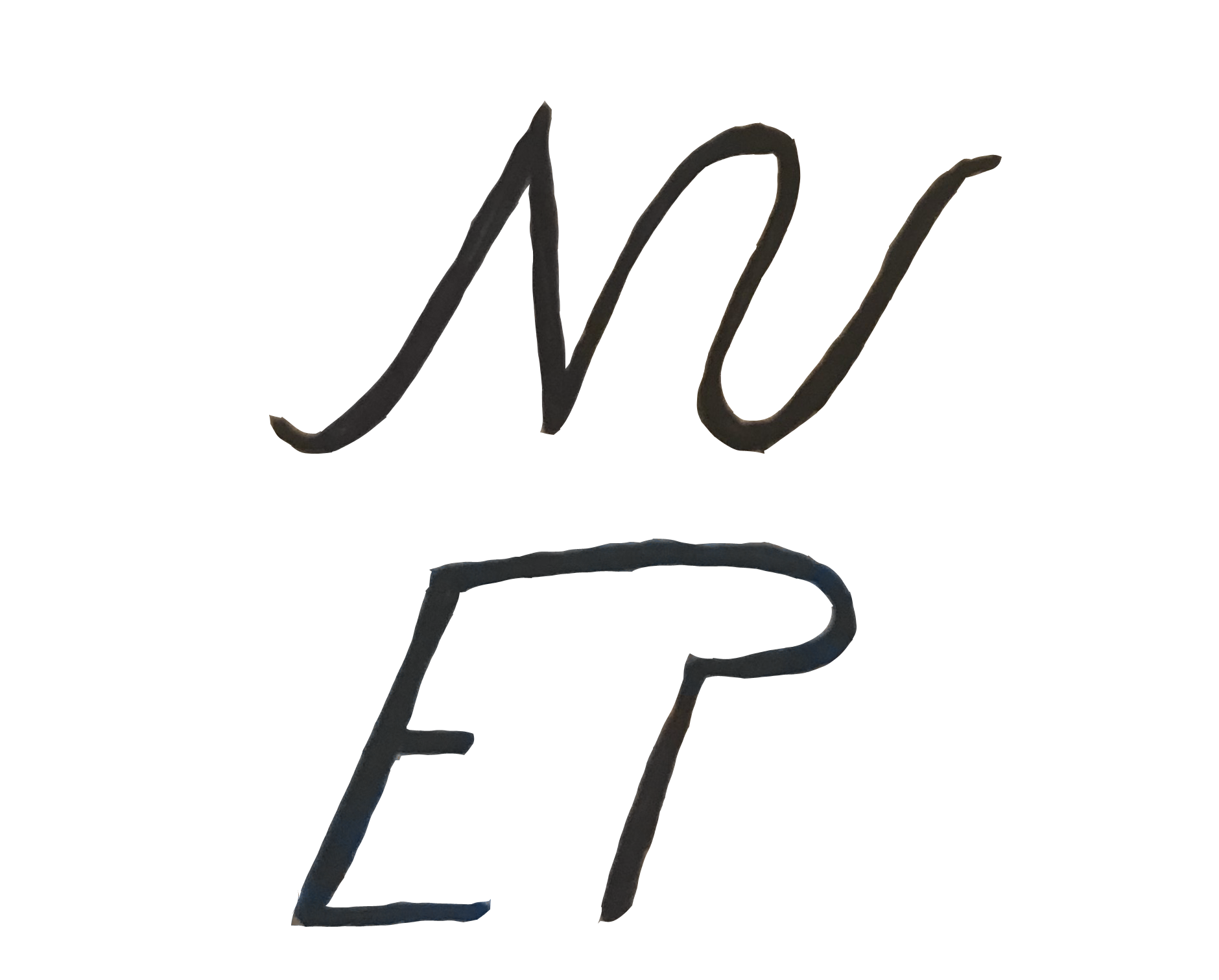Sips of coffee with Mayowa
I took a moment of my (first) trip to Edinburgh to chat with Mayowa Omogbenigun (Nigeria, 1995), the amazing girl behind the successful Instagram account @mayowa_reads. It is an account dedicated to expand African literature and make people discuss these texts and what they mean to African society. (We thought about doing a 73 questions Vogue style video and I really don’t know why we didn’t end up doing it… Next time).
How did you decide to start posting the books you read on instagram?
I’ve loved reading since I was a teenager but it was always something I did in private and never really discussed with the people around me. One day I was trying to find interesting books to read and searched ‘#books’ on Instagram and that was my introduction into ‘Bookstagram’ (Instagram accounts of nerds like me who pretty much exclusively post books). I was so fascinated by it and loved the pictures I saw posted. The only problem is that I couldn’t really find what I was looking for. For the past 4 years, I’ve only read literature written by people of colour as a way to expand my reading and decolonise my mind. The popular bookstagram accounts I saw were overwhelmingly white and were filled with books I had no interest in reading. I remember sitting in my bed and setting up my account so vividly, I think the first book I posted was Ngugi wa Thiongo’s ‘A Grain of Wheat’ and for some reason I was so nervous. A few weeks later I decided to commit to it and I deleted my personal account and set up @mayowa_reads and here I am now!
What are you doing in Edinburgh?
I’m writing my dissertation for the History and Politics studies I’ve done here, at the University of Edinburgh, the topic will be the Nigerian Civil War (6th july 1967 – 15th january 1970). Also known as Biafra War, this political and ethnic conflict caused by the attempt of secession of the provinces of the Southeast of Nigeria under the name of Republic of Biafra.
NOTE: This conflict showed the fragility of the inherited borders in Africa after the postcolonial distribution of the European countries and the terrible coexistence between the different ethnic groups, leaving, among several consequences of 500,000 to two million victims in that failed independence. In the case of the territory that occupies the most populated nation of the continent, the British gathered three nations and many others smaller, in a land where 500 languages are spoken. Broadly speaking, the current country is divided into three areas according to the population predominance of a certain region: that of the west, with the Yoruba as the most representative group; to the north the Hausa; and the Igbo in the east. It is indicated that the north of the country is more of a Muslim creed, while in the south Christianity is practiced mostly (along with traditional religions). This war also meant a genocide coming largely from the Igbo of these regions. It ended with the surrender of the Biafrans in a war that caused great damage to the country.
From your own experience, do you think the integration of African communites is not that hard when they go abroad? Of course you can’t speak for everyone, but just your perspective.
I really think it depends on a wide range of factors - your socioeconomic background, your immigration status, you proficiency in the language spoken in the country you are in, your level of education, the time you are travelling in, the political orientation of the country you are moving to etc. Personally, I know I am privileged economically and for a few generations my immediate family has been educated in the UK so this environment wasn’t completely new to me. I also have the privilege of going to a relatively international university and 90% of the people I talk to are university educated. I’m not suggesting that people who are highly educated can’t be racist, prejudiced, etc. but there’s an understanding that people from around the world come to the university to study. In terms of culture it can be hard firstly because Edinburgh is overwhelmingly white and simple things like getting your hair done can be an ordeal. There are also no good Nigerian restaurants here and sometimes I just really miss Nigerian food! I won’t ramble but I think there are far too many factors to come to one solid answer, I’ve been quite lucky but many Nigerians and other Africans in Europe face oppression and resistance at every level of interaction so yes, it varies.
Could you recommend us some books to immerse ourselves in African literature? (for many unknown and always overshadowed by that coming from the powerful publishers of the United States and Western countries)
Of course!!! I love this type of things! I always write down everything I read in lists in goodreads because I always forget them…
I think these are my top favs:
1.A Man of the People by Chinua Achebe
2.Nervous Conditions by Tsitsi Dangarembga
3. Second Class Citizen by Buchi Emecheta
4.Homegoing by Yaa Gyasi
5. The Fishermen by Chogozie Obioma
6. Ghana Must Go by Taiye Selasi.
7. Half of a Yellow Sun by Chimamanda Ngozie Adichie
Also! Do you know about any African literature themed Publisher in English?
Yeah! There’s this one which whom I made my internship called Cassava Republic Press.


